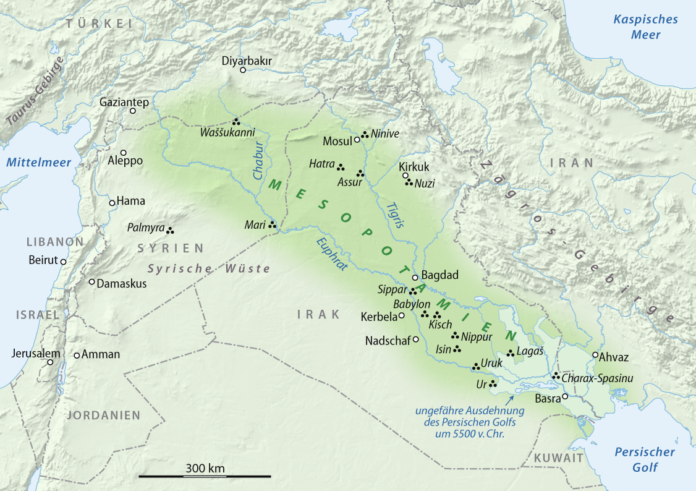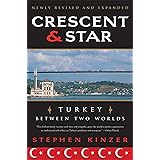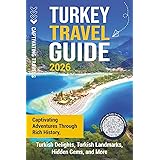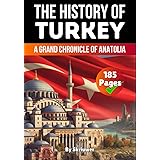• EBU HANIFE: 699-767, Mesopotamia Kufa IRAQ Islam If what I don’t know was under my feet, my head would be worth the highest floor of the sky. those who guided us, alatlı grandfather from Afghanistan
• SAİT BİN KURRA first 821-901 Mesopotamia Urfa, Turkey Turkey Islam First anesthesia practitioner. those who guide us, alatlı http://www.kimdirnedir.com/sabit-bin-kurra-kimdir.html
• EL CEZERİ first 1136-1206 Mesopotamia Cizre, Turkey Turkey Cybernetics “Any technical science that is not put into practice will remain between right and wrong” those who guide us, the period of the Alati Seljuk
• SADREDDIN KONEVİ 1210-1274 Mesopotamia Malatya, Turkey Turkey The transformation of Sufi classical mysticism into a strong intellectual movement In the history of Sufism, the relationship between God and the universe, thus the emergence and functioning of existence, unlike scientific methods based on reason, was discovered by his teacher Muhyiddin İbnü’l-Arabî. Sadreddin Konevî, who explains the existence with the mystical intuition stemming from and inspiration, interprets existence with the same system and deals with the main issue of the divine science (Metaphysics) with a successful style in his work called Miftâhu’l-Gayb
• ŞEMSEDDİN ŞEHREZURİ d1288 Mesopotamia Şehrezor IRAK Wise History and Özdehet. leading of the school of spiritual philosophy
• FUZULI 1483-1556 Mesopotamia Karbala, Iraq Iraqi Poet Fuzuli included philosophical discourse in his works on literary thought “Whatever is love in the world”, as well as kalam in his work Matlau’l-itikad fi marifeti’l-mebde’ ve’l-mead. and has written on philosophy. In this work, he says that he “looks at beings with the eyes of emotion and reason, and tries to walk on them with the foot of ideas and thought.”51 It includes information and parts of the universe, the nature of the human being, the Necessary Being, its attributes and actions, prophecy, imamate, spirit and spirituality. gives. While discussing the subject of ingenuity, he gives examples from various views and talks about Kaderiye and Salihiye. It gives place to the opinions of the Mutezile and Cehmiyya sects on the necessity of knowing God.After first dividing knowledge as those related to worldly and religious affairs, it moves on to the practical and theoretical distinction of knowledge by following the philosophical tradition. Accordingly, practical knowledge is morality, household management and state administration. Theoretical knowledge, on the other hand, is divine knowledge, hypocritical knowledge and natural knowledge.52 According to him, the universe consists of entities called possible. The thinker, who accepts the existence of two separate realms as the realm of mind and the realm of sense, presents examples from the views of philosophers such as Thales, Empedocles, Anaxsagoras, Democritus, Sophists, Plato and Aristotle. While describing the parts of the realm, he talks about the sub-lunar realm and the superlunar realm, thus separating possible beings as sublime and lowly beings. He refers to Aristotle, Fârâbî and Avicenna in this regard. The universe consists of substances and accidents. According to the philosophers, the substance is the form, the specter, the body, the soul,and mind.53 Fuzuli points out the importance of rational sciences such as delegation, philosophy, and hendese, as well as narrated sciences such as tafsir and hadith. Fuzûlî, who stated that a person whose essence is not human cannot reach real knowledge, deals with many issues related to morality in his Divan. The thinker, who did not belong to the philosophy of unity or a cult, tried to explain that the source of intuitive knowledge is the path of love in order to reach high ranks, by working on mystic love in his work Leyla ve Majnun.54In his work Leyla ve Mecnun, he tried to explain that the source of intuitive knowledge is the path of love in order to reach high ranks by working on sufiyah love.54In her work Leyla ve Mecnun, she tried to explain that the source of intuitive knowledge is the path of love in order to reach high ranks by working on sufiyah love.54
• NAİMA 1655-1716 Mesopotamia Aleppo, Syria First Historian of Syria
• EBUBEKİR EFENDİ (EL-EMCEDÎ) 1835-1880 Mesopotamia Shahrizar, Iraq Ottoman Empire Itself Originally in the Hasnev Village of the City of Kerkuk and its Surroundings, 1835
• ALİ EMİRİ 1857-1924 Mesopotamia Diyarbakır Turkey Researcher and Writer of Tezkire Mir’âtü’l Fevâ’id. fi Terâcimi. Meşâhîr Amid. Diyarbakir Ulema and Notables. Ali Emiri, who found Dîvânu Lugati’t-Türk, which is the most important source for Turcology studies and Turkish history, contributed to the world of science, and provided unique services to our cultural history by donating his library containing thousands of manuscripts and printed works to his nation; He also wrote important works in the field of biography. He aimed to save them from the danger of oblivion by writing his work “Mir’âtü’l-Fevâ’id fî Terâcimi Meşâhîri Amid”, in which he describes the lives of Diyarbakırlı – formerly Amid – sheikhs, scholars, notables and poets, and statesmen who served in Diyarbakır. The only known copy of the work is the author’s calligraphy, with a 138-page introduction part and an incomplete “Elif” part of 228 leaves.It is registered in the Millet Manuscript Library, founded by Ali Emiri. In the work in question, Ali Emiri explained very famous personalities in great detail and ensured that names not included in any written source survived until today. Because of Ali Emiri’s story of establishment of cities, towns, castles, fountains, libraries, mosques and madrasas, especially in the “Mukaddime” section, and giving detailed information about some arts; It has a very important place in the field of culture and city-architectural history. The work, which was published in two volumes with facsimile editions, the introduction and the text part, includes a large place-person-work index as well as a dictionary. prof. Dr. In the preparation of the work, which was examined by Günay Kut, for publication, Millet Manuscript Library, Ali Emiri Literature, 562 and Ali Emiri History,at 750 numbers
• AHMET NAİM 1872-1934 Mesopotamia Baghdad Iraq Mudarris and



















